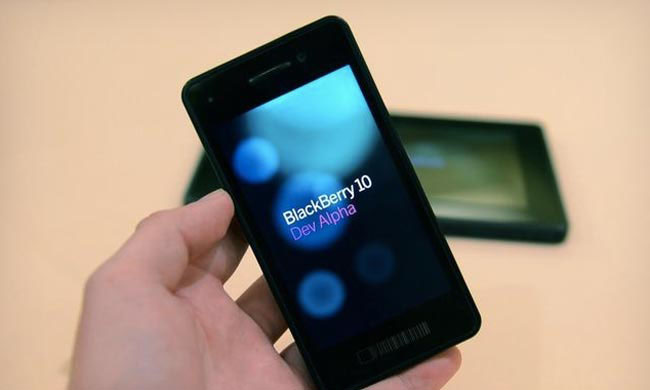It’s been a tough couple of years for Canadian-based Research in Motion (RIM), with Blackberry suffering an agonizing fall from a once-dominant position in the market. RIM hopes to turn those fortunes around in 2013, with the announcement of the Blackberry 10 release date. Two new Blackberry smartphones, and the Blackberry 10 OS that will power them, are due to be unveiled on January 30 of next year.
The first two Blackberry phones to be released will feature touchscreens, with a follow-up model featuring the trademark Blackberry QWERTY keyboard. At this stage it’s unknown when the new Blackberry models will be available for purchase in stores.
RIM have invested heavily in BB10 and the new range of Blackberry smartphones, with the 2013 release seen as a make-or-break moment for the company. RIM steadily lost ground over the past few years to the iPhone and successful Android devices such as the Samsung Galaxy Series, and will be launching the new Blackberry range into an incredibly competitive market. Analysts have already condemned RIM to failure, with James Faucette of Pacific Crest declaring Blackberry 10 “dead on arrival” due to an unfamiliar OS and small number of apps.
Blackberry 10 Aims to Recapture the Business Customer
Blackberry used to define the business handset, but the market has changed and the “business” smartphone no longer really exists. Despite this, the corporate crowd is where RIM has the most brand loyalty and the new range of Blackberry 10 equipped smartphones will need to cater to enterprise if they have any hope of gaining traction. The new Flow UI tries to cater to this market, and features such as Blackberry Balance enable users to easily separate work from personal use through profile switching.
A Blackberry 10 release date of January 30 means that RIM misses out completely on the holiday season sales-surge, essentially leaving the company’s success or failure in the hands of corporate ordering departments. RIM know that enterprise purchases will make up the bulk of their orders, but they’re also no longer the only player in the business handset market. Microsoft are already aggressively positioning a number of Windows 8 enabled devies as enterprise-ready, and it remains to be seen whether RIM can overcome their significant head-start.
Will Blackberry 10 and the new range of Blackberry smartphones have any hope of competing against Apple, Microsoft, Google and Samsung? Let us know your thoughts in the comments below.



